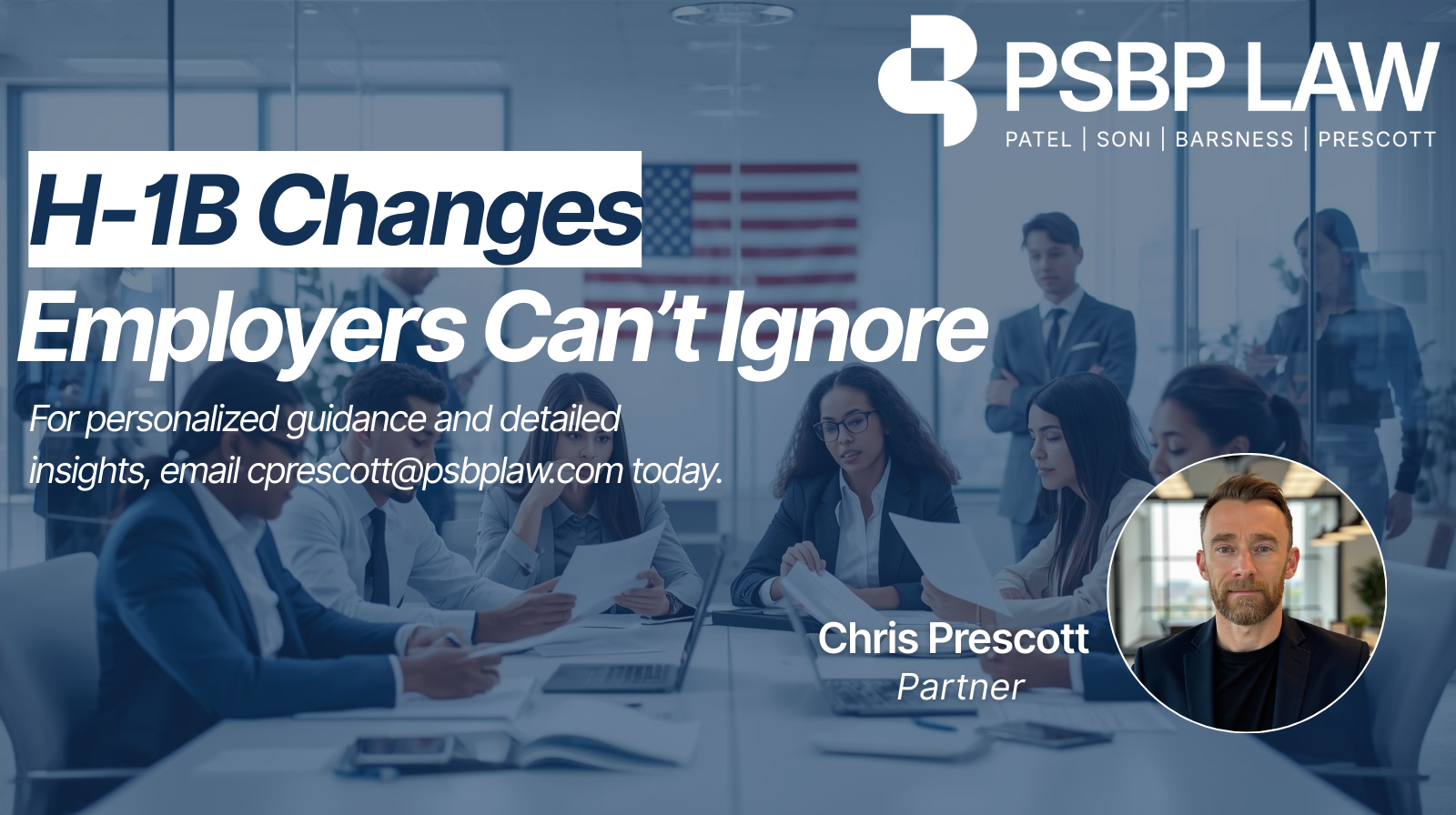The headlines have been dominated by talk of a proposed $100,000 H-1B filing fee. While that number grabs attention, it’s a distraction from the changes that will truly reshape the H-1B landscape. Employers should be far more focused on three key developments: prevailing wage increases, a weighted lottery system, and Project Firewall.
Prevailing Wage Increases
The Department of Labor has been tasked with revising prevailing wage levels. In plain terms, this means the baseline salary requirements for H-1B, and PERM cases are going up. Employers who have historically relied on Level I or Level II wages will find it increasingly difficult to meet compliance thresholds. This shift will pressure smaller businesses and startups that lack the salary structures of big tech to either adjust compensation or lose access to foreign talent.
Weighted H-1B Lottery
The days of a pure random lottery may soon be over. Under the new weighted system:
- Level IV wages get 4 entries into the lottery.
- Level III wages get 3 entries.
- Level II wages get 2 entries.
- Level I wages get 1 entry.
This change tilts the odds toward higher-paying employers, essentially rewarding those who pay top-tier wages. Large corporations with deep pockets will benefit, while smaller firms will find themselves at a disadvantage. In our experience the majority of H-1B cap cases are filed under a Level I wage. While lower wage cases will still have a shot at being selected, the chances of selection will be extremely low. Additionally the current guidance form USCIS states that the $100k H-1B fee will apply in the 2026 lottery.
Project Firewall
The administration is also pushing forward with Project Firewall, an initiative designed to reduce alleged abuse of the H-1B system by IT consulting companies and to protect the rights of American workers. Employers who utilize the H-1B program will need to ensure compliance including paying the correct prevailing wage, paying employees for unproductive time and maintaining adequate documentation such as H-1B Public Access files. Failure to comply will result in monetary penalties, back wages and potential debarment from the H-1B program for a specific period of time.
Bottom Line
The proposed $100,000 fee may never survive legal scrutiny, but the real impact will come from higher wage requirements, a lottery designed to favor big employers, and tighter restrictions on placement practices. Together, these changes represent a fundamental shift in how the H-1B program operates.
Employers should begin reviewing their hiring models now, reevaluating compensation structures, and preparing compliance strategies to stay competitive in the evolving immigration landscape.
If you have any questions regarding the above, please contact PSBP Partner, Chris Prescott, at cprescott@psbplaw.com. Chris leads the PSBP Immigration team and represents individuals and corporate clients in the DFW metroplex and throughout the U.S.
